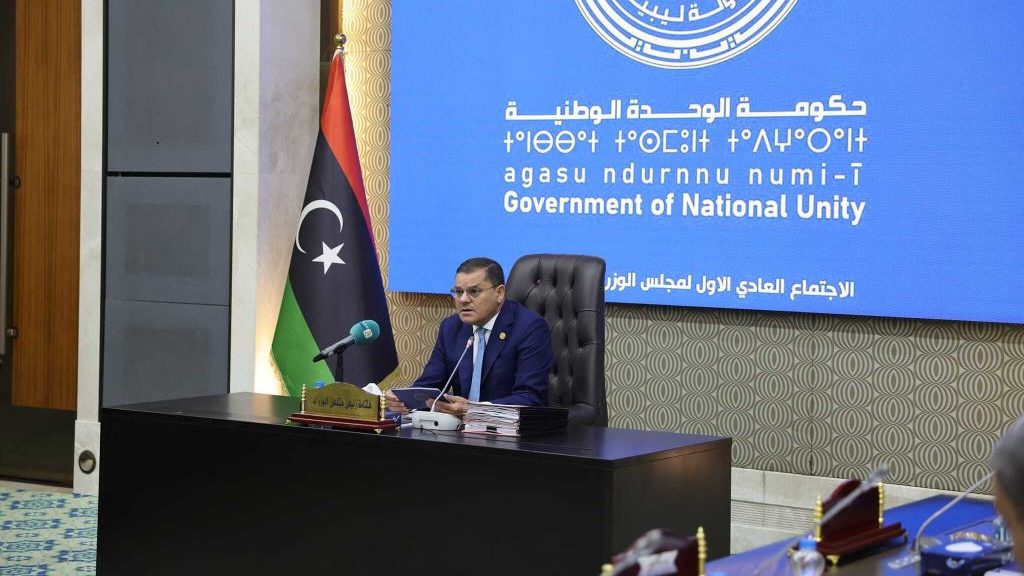A Path Toward a Solution in Libya?
Al-Ittihad, UAE, February 23
There remain numerous impediments to resolving the Libyan crisis. Despite the United Nations-brokered Libya Political Agreement (LPA) birthed in December 2015 in Skhirat, Morocco, none of the subsequent agreements have been able to set the country on a path toward a solution. Thus far, no solid starting point for a peaceful resolution has been identified. However, there is some optimism that the resolution of the so-called constitutional rule disputes may offer a glimmer of hope. This has led to a renewed focus on these issues among the movements that have been active since the start of the year, following months of stagnation and inactivity. There have been recent efforts to reach a consensus on remaining contentious points concerning the conditions for candidacy in the elections. Most notable, the eligibility of military personnel and dual nationals to run for office has been a source of dispute. A purely legal approach, free from political conflict, reveals that the solution to this issue is simple, as international experience and expertise demonstrate. For over two centuries, retired and independent soldiers have held office, won general elections and even assumed the presidency in numerous countries. George Washington, the first military president in US history, led the army in the War of Independence against Britain. Thus, there is no need to reinvent what has already been accomplished. Many American presidents have had a military background, such as Franklin Roosevelt, who served as assistant commander of the Navy to develop the American fleet at the beginning of the 20th century; Harry Truman, who achieved the rank of captain in the artillery; and Dwight Eisenhower, who served as general commander of the Allied forces in World War II. Not to mention, Winston Churchill, the most renowned British leader of the last century, who was an officer in the cavalry; and Charles de Gaulle, the most renowned French president, who graduated from the prestigious Saint-Cyr military school and led his country’s resistance against Germany in World War II. It is difficult to accurately estimate the number of presidents and heads of government with a military background since the inception of elections. This is why retired military personnel and independents have become firmly established and indisputable candidates. When examining the current state of affairs in Libya, it is evident that the national army and the joint military committee have attained notable success in recent years. United Nations envoy Abdoulaye Bathily commended the members of the committee in a press conference on January 16, encouraging politicians to “emulate the work of these men in military uniforms.” With regard to dual nationals, there is no universal decision on their eligibility to run for office; the constitution of each country decides this matter on a case-by-case basis. The candidacy of dual nationals in Libya has long been a source of contention. As conditions change, these individuals can find their candidacy approved one moment and then denied the next. If there is any suspicion of divided loyalties, their candidacy is prohibited. However, if it is determined that their original national affiliation is more significant than any others, they are allowed to run. These unpredictable fluctuations should not serve as an added impediment to resolving the crisis that the Libyan people are currently facing. – Waheed Abdul Majeed (translated by Asaf Zilberfarb)
This holiday season, give to:
Truth and understanding
The Media Line's intrepid correspondents are in Israel, Gaza, Lebanon, Syria and Pakistan providing first-person reporting.
They all said they cover it.
We see it.
We report with just one agenda: the truth.



